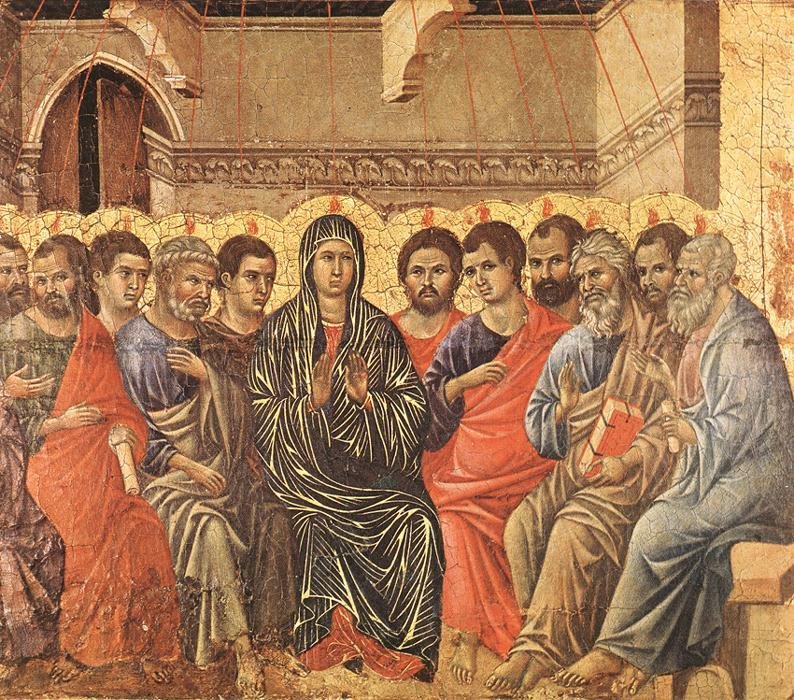Friday Links
Who was Sister Wilhelmina Lancaster, whose body is now the center of attention in Missouri?
Secret Tentative Intimation: On Guantanamo Bay by Jennifer Bryson
“Exit Stage Right”: a new poem from Maria Illich at Ekstasis Magazine
The Allegory of the Dinner Party: Michael Breidenbach in Church Life Journal
Gary Saul Morson: The Gulag Archipelago: An Epic of True Evil
Who was Sister Wilhelmina Lancaster, whose body is now the center of attention in Missouri?
You’ve probably seen the news about the “remarkably well preserved” remains of Sr. Wilhelmina Lancaster, a truly remarkable woman. Kelsey Wicks gives a nice summary here of her life. And here’s more information on the incorruptibles.
Secret Tentative Intimation: On Guantanamo Bay by Jennifer Bryson
“If there is anything I learned during my time as an interrogator at Guantanamo Bay, it is the importance of a well-formed conscience. Too seldom do we use periods of ease to ready our souls for the great challenges each of us must face. I certainly didn’t, and I wish I had.”
So begins a compelling essay from Jennifer Bryson. Please do read the whole thing.
“Exit Stage Right”: a new poem from Maria Illich at Ekstasis Magazine
The lovely Maria Illich has a poem in the latest issue of Ekstasis Magazine. She is also an award-winning YA author. You can learn more about her and her work at her website.
The Allegory of the Dinner Party: Michael Breidenbach in Church Life Journal
These two films serve as emblems of fear and hope. Hitchcock’s Rope is a chilling depiction of what happens when humans deny fundamental morality. The film offers an uneasy resolution: the murderers will likely be punished, but they have not repudiated their Nietzschean ethic. A pall of fear overshadows the film’s end. By contrast, Babette’s Feast suggests one way to rebuild a society ravaged by the horrors depicted in Rope. Babette respects the freedom of others; she does not seek to convert through coercion but through love.
It’s such a good essay, I do hope you read the whole thing.
Gary Saul Morson: The Gulag Archipelago: An Epic of True Evil
Morton revisits Solzhenitsyn’s masterpiece and reminds us of why we need to read it and, most importantly, remember its lessons.


